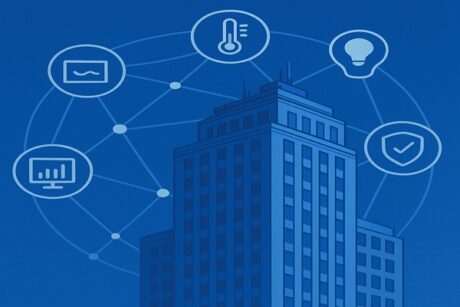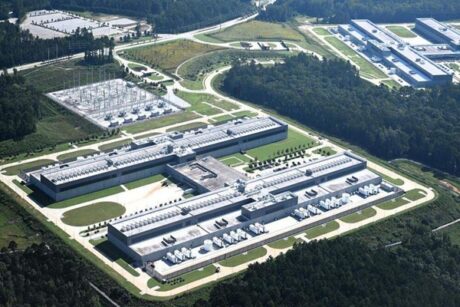- Course No E – 3043
- PDH Units: 5
No data found for Custom Course Number
No data found for Custom Course Units
- Course No E – 3043
- PDH Units: 5
Intended Audience: Environmental Engineer
PDH UNITS: 3
Introduction to Decarbonization offers an in-depth exploration of the global strategies, technologies, and policies driving the transition toward a low-carbon future. This course provides a comprehensive understanding of the science behind carbon emissions, international climate frameworks such as the Paris Agreement, and the mechanisms of carbon budgeting and Nationally Determined Contributions (NDCs). It examines the classification of carbon emissions under Scopes 1, 2, and 3 and explores decarbonization approaches across key sectors, including concrete, steel, power generation, transportation, construction, maritime, and aviation. Through an integration of technical, policy, and economic perspectives, learners will gain the foundational knowledge needed to understand and participate in global decarbonization efforts. The course serves as a primer for engineers, policymakers, and sustainability professionals seeking to contribute to carbon neutrality and climate resilience initiatives.
Learning Objectives:
At the successful conclusion of this course, you will learn the following knowledge and skills:- Define the concept and importance of decarbonization, explaining its role in mitigating climate change and achieving global net-zero targets.
- Describe the carbon cycle and human impacts that have altered natural carbon processes, leading to climate imbalance.
- Explain key international climate agreements, including the Paris Agreement, and their mechanisms such as NDCs, carbon budgeting, and transparency frameworks.
- Differentiate between Scopes 1, 2, and 3 emissions as defined by the Greenhouse Gas (GHG) Protocol, and discuss how organizations can measure, manage, and reduce their emissions.
- Analyze decarbonization strategies for major industries, including cement and concrete, steel manufacturing, power generation, construction, transportation, maritime shipping, and aviation.
- Evaluate technological innovations such as carbon capture, utilization, and storage (CCUS), renewable energy integration, hydrogen fuel adoption, electrification, and sustainable fuel transitions.
- Understand the role of carbon pricing, policy instruments, and financial mechanisms in accelerating the shift toward low-carbon economies.
- Discuss sector-specific case studies and action plans demonstrating short-term (2030) and long-term (2050) pathways toward net-zero emissions.
- Apply concepts of circular economy and sustainable materials to reduce embodied carbon in construction and manufacturing.
- Critically assess global decarbonization challenges and opportunities, including equity, governance, and international collaboration for climate mitigation.
Once completed, your order and certificate of completion will be available in your profile when you’re logged in to the site.









